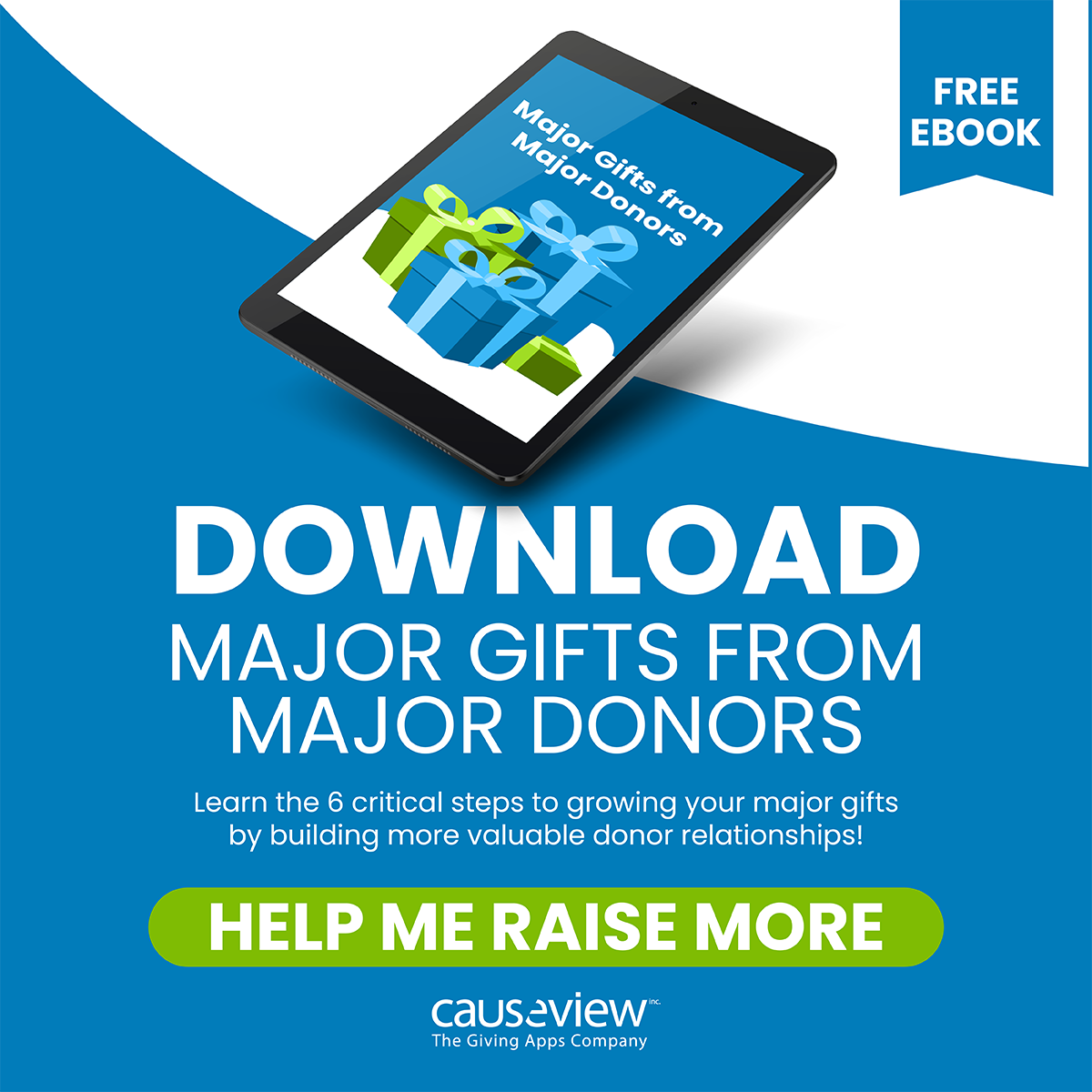How to maintain quality alumni data after graduation


It’s no secret that effective donor management relies on the data you collect. For universities and colleges, the ease of gathering this student and alumni data fluctuates. Data is abundant when a student applies to a school, and for all the courses and programs they enroll in. But after graduation, it is common to see access to information slip.
While data collection is harder with alumni than active students, it is by no means impossible! In this article, we share practical tactics to maintain effective data management after a student graduates.
Contact information
When a student is enrolled, institutions will almost always have up-to-date mailing and email addresses on file. After graduation, this information should still remain easy to collect, and can offer valuable insights to advancement professionals.
You can reach out to your alumni periodically – perhaps once per year – with an online form that asks them to note any contact information changes. Whether it is a new phone number, main email address, or physical address, this update will help ensure that you have an accurate way to reach the potential donor. As an extra incentive to share their accurate information, you can offer a merchandise or school sporting event discount.
Plus, maintaining address information is especially helpful for alumni events you plan, which keep former students engaged with your school long-term.
Employment surveys
Higher education institutions frequently send employment surveys to their alumni to gather stats on student success. This information can be aggregated by schools to show the average salaries and common positions that their alumni have attained.
But this data can also play a significant role for advancement purposes. Tracking the incomes and jobs of alumni can help identify those most likely to donate to their school.
It can also offer enough detail to effectively segment and personalize communications. For example, you can send targeted email campaigns to those in different industries or position types, helping to boost their engagement levels.
Email response rates
That engagement level leads perfectly into our next suggestion – tracking email response rates. Personal outreach or one-on-one phone calls are often successful tactics, and knowing who is most and least responsive to your emails can help direct your time and effort.
This can be looked at in two ways. Most commonly, advancement professionals will want to identify those who are most responsive to their email campaigns. If an alumnus is showing a high open rate to your monthly updates and clicking through to links to a variety of stories, this suggests that they remain engaged with your school. This makes him or her a more likely donor, and often someone that would warrant a direct phone call to present gift options.
But the data can also help with the opposite strategy. If an alumnus is showing little engagement – for example, they rarely open any school emails – it may be even more beneficial to personally contact them. While they may not be a likely donor at the time, speaking one-on-one could help re-engage them, or at the very least, offer some insights into ways to better interest individuals like them going forward.
Leverage student relationships
Sometimes the best source of insights on an alumnus isn’t the former student themself, but someone they have a relationship with.
Very often, through the application or enrollment process, you will learn that a student is a sibling of another, or that a parent is a school alumnus. Tracking that relationship in your donor management system can help connect the dots to another source of ongoing advancement data.
You can leverage this data in a few different ways. By simply tracking relationships, you can often predict how an alumnus sees their school experience. The more relatives of an alumnus that attend your institution, the better you can expect they speak of their time there. This can be a great predictor of likelihood to donate.
As well, the relationships can simply serve as a link to keeping the most up-to-date information. A change of address by one sibling could mean the same for another, and response to a certain campaign or event may mean that a relative would be interested as well.
How Causeview Advancement can aid your school
Causeview Advancement transforms Salesforce’s Higher Education Data Architecture (HEDA) platform into a complete donor management and gift processing system. This means that universities and colleges can connect every bit of student, alumni and parent data with their ongoing advancement initiatives to ensure the best results.
To learn more about Causeview Advancement, request a demo here!
See Causeview Advancement in action
Ready to learn more about how Causeview Advancement can help your school? Click the "Request a Demo" button to schedule a time with us.





